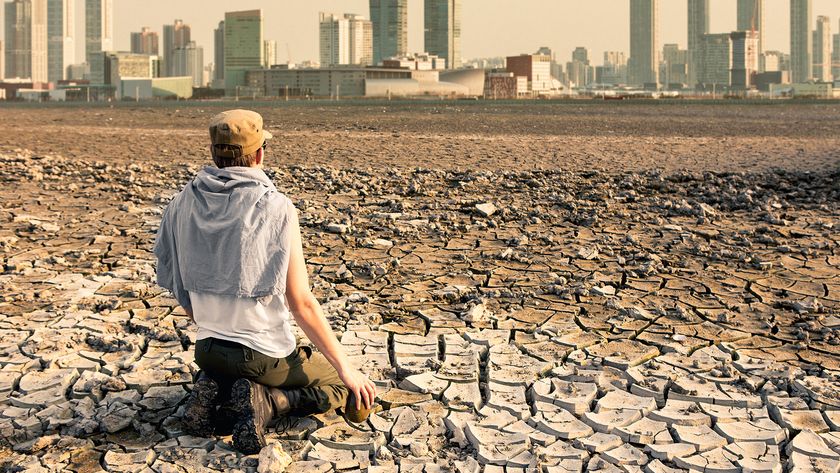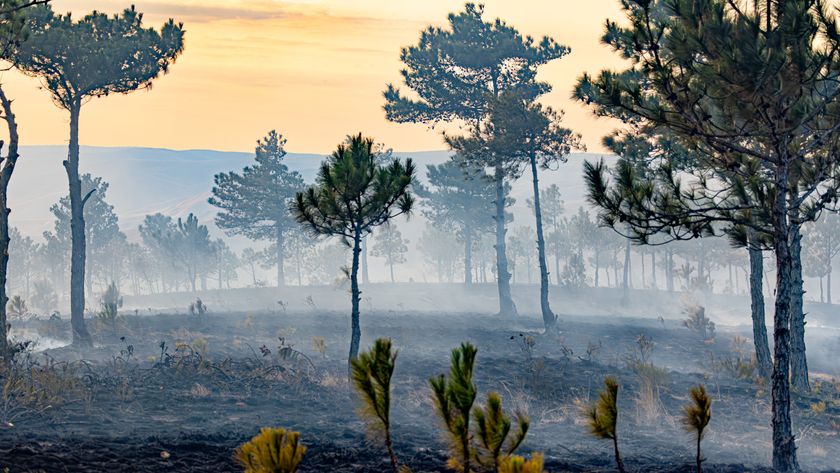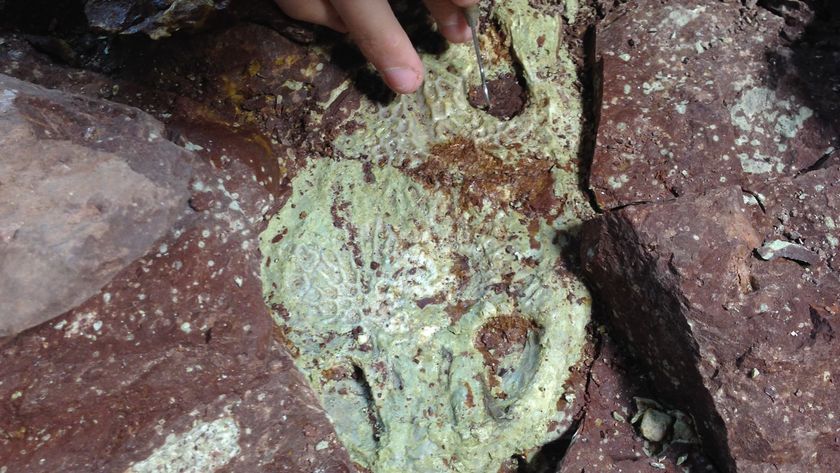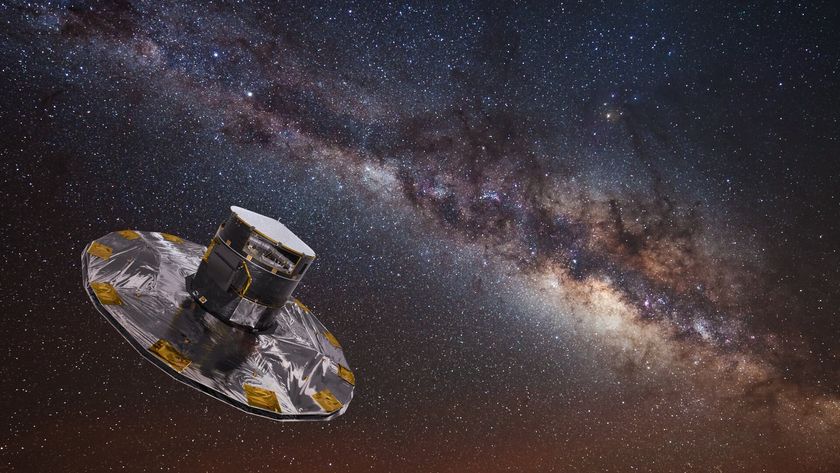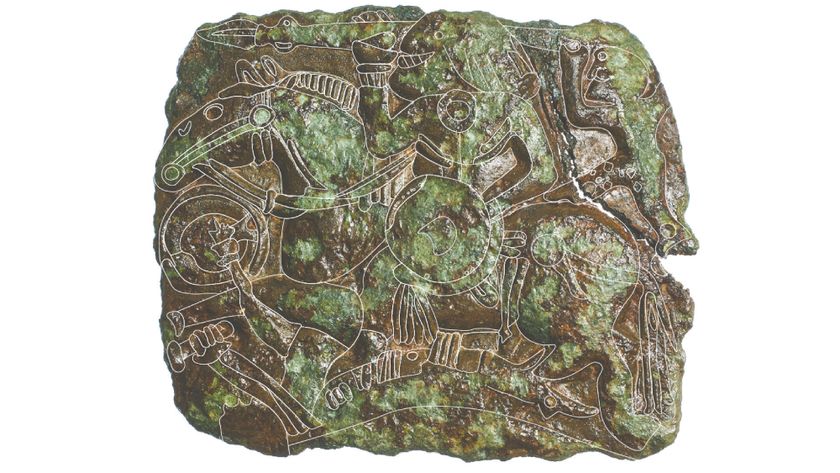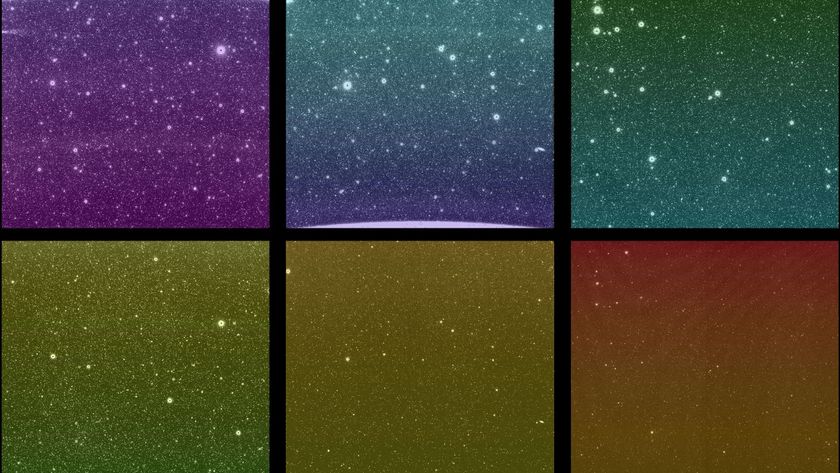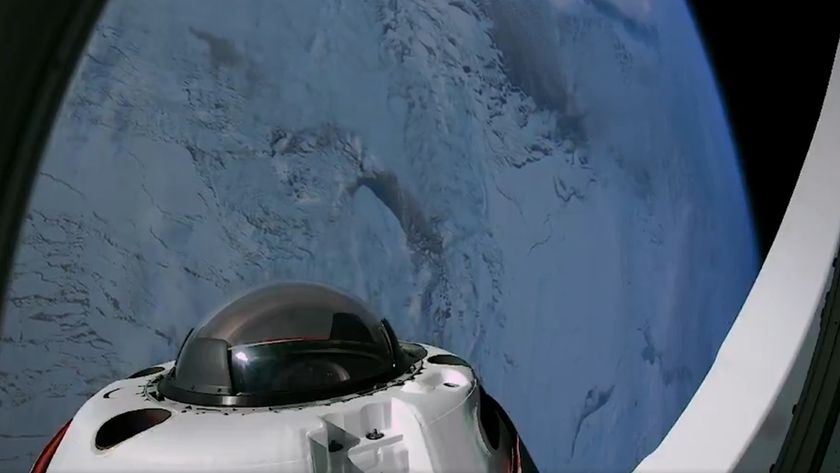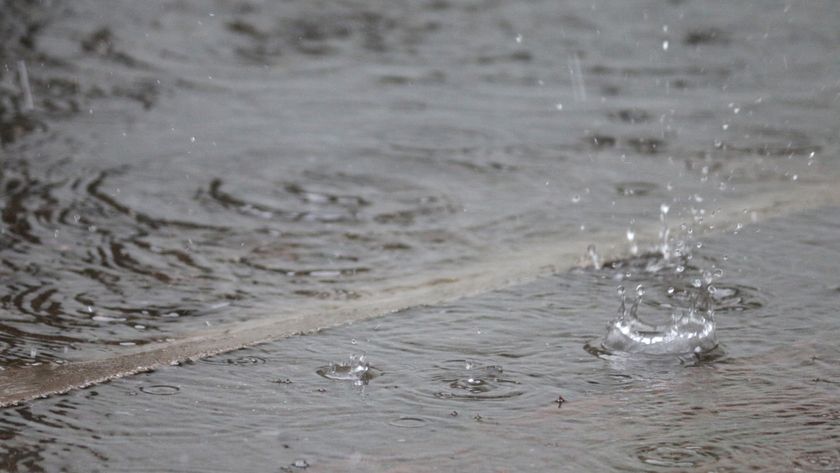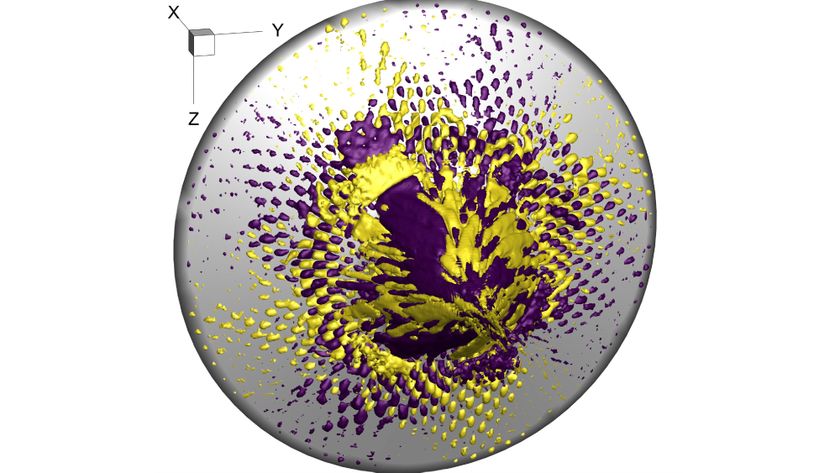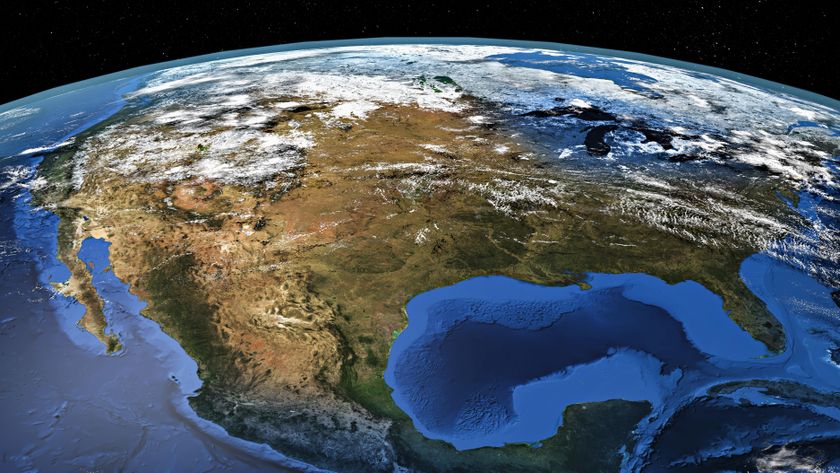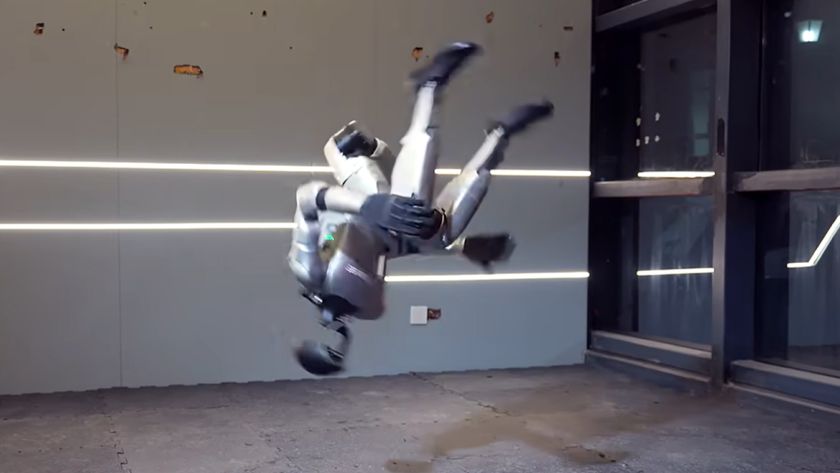Following the Crowd to Save the Planet

Better take out the recyclables--your neighbors are doing it. That's the "follow the crowd" mentality that often turns residents into planet huggers who make these green decisions, new research shows.
Rather than statements that scare people into Earth-friendly behaviors, one scientist says a better approach would be to play to a person's herding tendencies.
"One spur to get people to act is to honestly tell them that's what the majority of people are doing in this situation." said Robert Cialdini, a psychologist at Arizona State University, author of the new study.
Cialdini presented this research, which also deals with the general idea of putting social psychology in the service of environmental conservation, at the annual meeting of the American Association for the Advancement of Science, in San Francisco.
- Video: Goldilocks and the Greenhouse
- Video: Greatest Warming Seen at High Latitudes
Crowd followers
Cialdini and his colleagues surveyed nearly 2,500 California residents and found they offered three main motivational reasons for household conservation: protecting the environment, being responsible citizens and saving on energy costs.
They gave the lowest rating to "because neighbors are doing it," But this factor showed the greatest correlation with reported energy conservation, Cialdini said. ?
Sign up for the Live Science daily newsletter now
Get the world’s most fascinating discoveries delivered straight to your inbox.
"They were fooling themselves. What their neighbors were doing turned out to be a powerful message," Cialdini said.
He found more support for this cattle-herd theory in a study of bath towel reuse in upscale hotel rooms in the Phoenix, Arizona, area. Typically cards in rooms request the next-day reuse of bath towels, stating that compliance will help save the environment and precious resources. The card never states that the majority of guests reuse their towels.
They placed one of four cards in each guestroom: ?
- "Help Save The Environment," with information stressing respect for nature.?
- "Help Save Resources For Future Generations," with information stressing the importance of energy-saving.?
- "Partner With Us To Help Save The Environment," with information urging guests to help the hotel preserve the environment.?
- "Join Your Fellow Citizens In Helping To Save The Environment," stating the majority of hotel guests reuse their towels.
Compared with the first three messages, the final one asking guests to join others increased towel reuse by about 28 percent.
How far will you go?
Following your peers often steers you right. "If all of your friends are raving about the same restaurant or the same movie or the same piece of software, chances are that you can make that choice and benefit without having to do the research," Cialdini told LiveScience.
But it's not fool-proof. The scientists erected signs in the Petrified Forest in Arizona. One sign showed a scene of three wood-taking thieves, with text that urged visitors not to take any wood. After passing this sign, park-goers were three times more likely to steal than the average visitor.
"The subtext message is that everybody is doing it, which legitimizes the behavior," Cialdini said.
The second sign showed a lone thief with the same anti-thieving text. Passersby were half as likely to steal as those who didn't read that sign. The secret to a successful deterrent is to avoid validating deviant actions of a small minority.
If the guy next door careens home in a new SUV, will you run out to the car dealer? Cialdini said consumers are more likely to shell out the dough to score one of the behemoths if peers own one.
- The Biggest Popular Myths
- Top 10 Surprising Results of Global Warming
- Americans Warm to the Reality of Climate Change
- All About Global Warming
Jeanna Bryner is managing editor of Scientific American. Previously she was editor in chief of Live Science and, prior to that, an editor at Scholastic's Science World magazine. Bryner has an English degree from Salisbury University, a master's degree in biogeochemistry and environmental sciences from the University of Maryland and a graduate science journalism degree from New York University. She has worked as a biologist in Florida, where she monitored wetlands and did field surveys for endangered species, including the gorgeous Florida Scrub Jay. She also received an ocean sciences journalism fellowship from the Woods Hole Oceanographic Institution. She is a firm believer that science is for everyone and that just about everything can be viewed through the lens of science.
